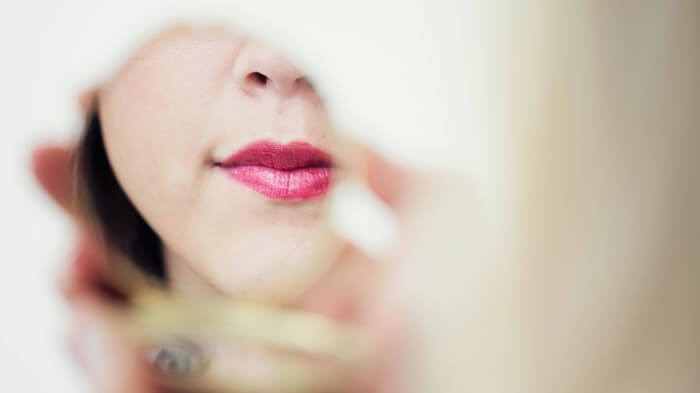Our culture loves youth and fears age. Here’s what faith has to say.
As I approached my 30th birthday, my cousin assured me, “You’ll be fine.”
My dad said, “You’re not even in the game yet!”
My friend said, “It’s actually kind of nice.”
I didn’t believe any of them. Hitting my third decade was definitely going to make me feel old.
I’m hardly alone in feeling stigmatized. Like many of my peers, I grew up watching the TV show Friends and vividly recall “The One Where They All Turn 30” in which each character, on their birthday, crumbles in disgrace over their lost youth. Friends epitomized the rising cultural belief that life is best lived by the young and beautiful. Shows like New Girl, Gossip Girl, and How I Met Your Mother have since followed suit. They adhere to the Friends standard by depicting groups of independent young people who seem neither to age nor require mentors of any kind.
In this cultural milieu, some of us predictably panic at the prospect of exchanging the “good years” for the “inevitable” deterioration and obsoleteness of aging. Some of us attempt to slow down time, like those 57 percent of millennials who use anti-aging products daily, or those Americans who last year spent $400 billion on beauty products and an unprecedented $13.5 billion on aesthetic plastic surgery.
Meanwhile, the professional sphere isn’t helping. “This is the time to be young and ambitious,” Forbes wrote in an introduction to their “30 Under 30 list.” “Never before has youth been such an advantage.” Statements like these convey a twisted message to young adults: If you’re not on the list, you’ve already failed. As blogger Maude Standish wrote, “A …






